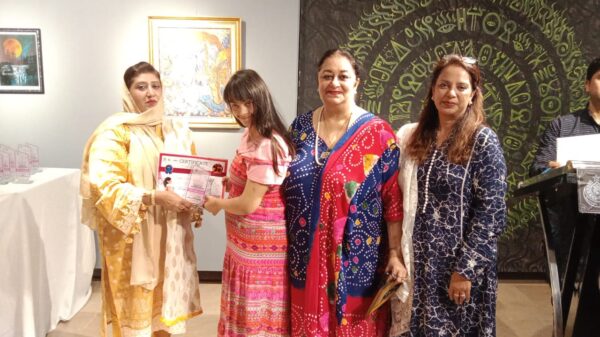Chinese family planning policy has been further relaxed to allowing couples to have a maximum of three children after a recent census showed its population is rapidly aging, state media Xinhua reported Monday.
Chinese ‘one child policy’ is easily one of the world’s strictest family planning regulation.
Back in 2016, China relaxed its controversial “one-child policy” to a “two-child policy” due to widespread concerns over an aging workforce and economic stagnation.
However, the government’s efforts to encourage couples to have children have gone in vain as China´s annual births have continued to plummet to a record low of 12 million in 2020, the National Bureau of Statistics said last month.
This situation threatens a demographic crisis that has alarmed the ruling Communist Party headed by President Xi Jinping since the situation means a shortage of young workers to drive an economy and supporting the growing number of elderly.
Experts say that by 2050, China will have to support hundreds of millions of elderly.
A Monday meeting of the elite Politburo leadership committee hosted by Xi announced a further loosening of the state´s control over the size of families.
“To actively respond to the aging population … a couple can have three children.”
State media Xinhua reported.
The meeting also promised “accompanying support measures” that are also “conducive to the country´s population structure”.
China’s fertility rate stands at 1.3 which is below the level needed to maintain a stable population, the National Bureau of Statistics stated.
The once-in-a-decade 2020 census results published last month also showed that China´s population grew at its slowest rate since the 1960s, reaching 1.41 billion.
The country’s family planning policy has also skewed the gender balance by decades of the one-child policy, and a traditional social preference for boys which prompted a generation of sex-selective abortions and abandoned baby girls.
Falling marriage rates in recent years, rising costs of living, increasingly empowered & educated women delaying or avoiding childbirth is contributing to the current population situation and some say that It may be too late to reverse the downward trend.
“Most families have a preference for few children now — akin to the rest of Northeast Asia,” said Lauren Johnston, a China economics and demography researcher at SOAS University of London.
“By the time of the next census will there be many third children? Probably few.” As China ages, there are significant economic and political implications for the world´s second-biggest economy.










